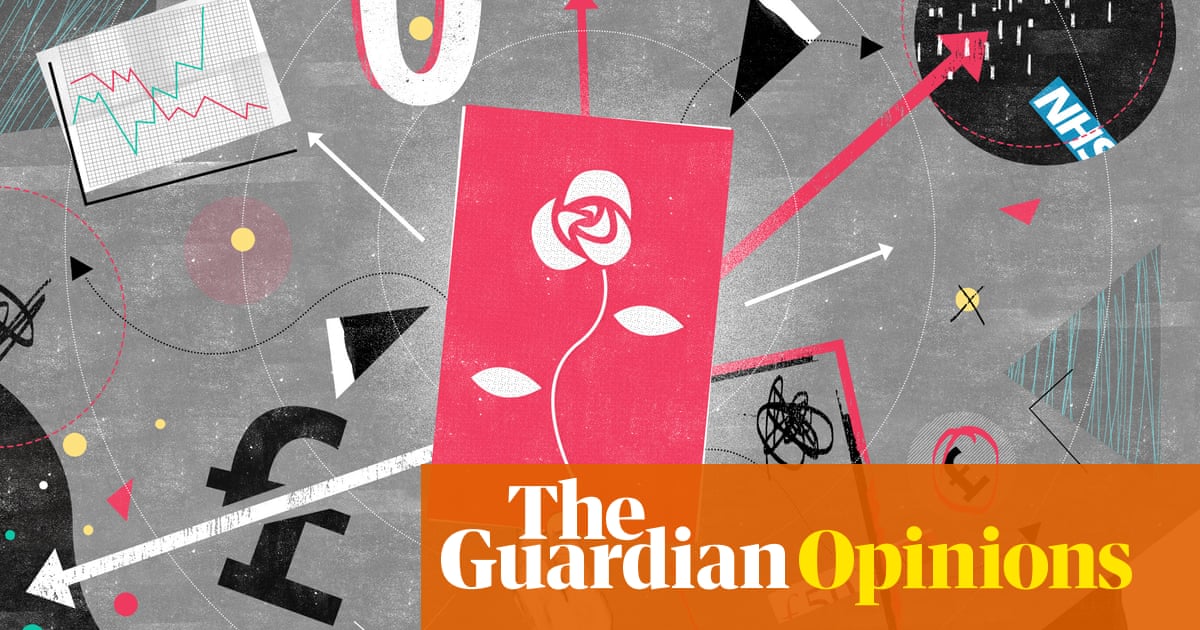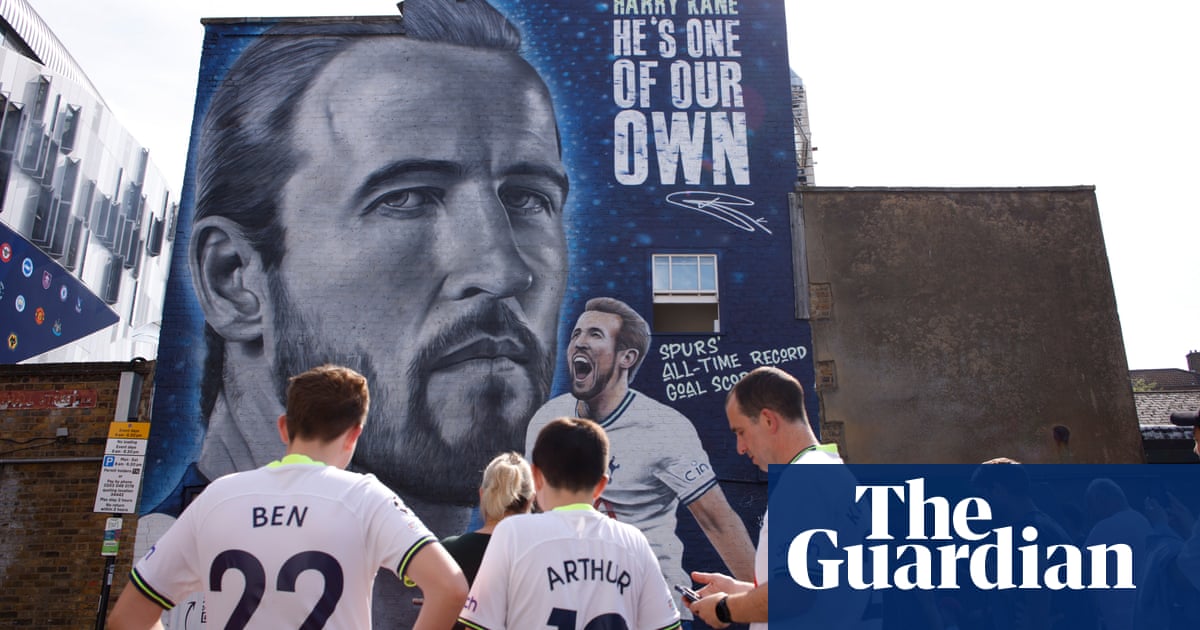
They tell a story at Manchester United that probably sums up why the previous regime at Old Trafford had a policy never to do business with Tottenham Hotspur and Sir Alex Ferguson once remarked that hip surgery was more enjoyable than trying to find common ground with Daniel Levy when it came to money. It goes back to Luka Modric’s final season at White Hart Lane when Ferguson was tipped off that the Croat would be keen on a move to Manchester to fill the void left by Paul Scholes’s retirement. In ordinary circumstances, Modric would have been the ideal fit. These, however, were not ordinary circumstances. Ferguson had never forgotten what it was like dealing with Levy in the protracted transfer saga he referred to as “the Dimitar Berbatov carry-on” and when he raised the matter with David Gill, United’s chief executive, the two men agreed they didn’t have the stomach to go though the same again. As good as Modric was, they simply couldn’t countenance another negotiation involving the Spurs chairman.
As football administrators go, it is certainly difficult to think of anybody else with Levy’s reputation for driving the people with whom he is negotiating to the point of spontaneous combustion. Ferguson, to put it into context, regarded Modric as one of the finest passers in the business and, five years on, probably still thinks the same. Yet he and Gill preferred to watch the player join Real Madrid rather than reopen lines of communication with Spurs. Gill had been there before with Levy and, to borrow a line from Billy Wilder: “I’ve met a lot of hard boiled eggs in my time, but you’re 20 minutes.”
Not that it is necessarily such a bad thing, bearing in mind it was not so long ago Levy was the subject of acclaim for the way he had managed to combine a healthy balance sheet with a team that could potentially win the league.
His record is of a man who gets a lot more right than wrong. He doesn’t bend for anyone and, if there is one thing we should know about him by now, it is that he won’t have liked one of his own players trying to back him into a corner over the last few days.
Danny Rose has certainly given it a good go and, if nothing else, it has provided an insight into the tactics the modern-day player favors when he fancies a better deal elsewhere and wants to hurry up the process. The key is to read between the lines and in Rose’s case it felt like the start of some prolonged eyelash-fluttering with Manchester United. Romelu Lukaku did something similar last season. Luis Suárez used the same ploy, albeit with far less subtlety, when he was trying to force his way from Liverpool to Barcelona and Philippe Coutinho may have to contemplate adopting the tactic if he wants to go the same route. It is known in the business as “playing the game”. Coutinho may not like the idea, but time is slipping away and, as Steven Gerrard has said, at this stage it’s a question of “what type of war he’s prepared to create”.
Rose opted for the scatter-gun approach and he shouldn’t be too surprised that it has landed him in trouble with his employers. Yes, it made a welcome change to read a player interview where a press officer hadn’t scribbled a red line through all the interesting points. From the club’s point of view, however, it has caused considerable disruption on the eve of the new season and the timing was questionable, to say the least. For that alone, Rose can hardly be taken aback that it has cost him two weeks’ wages as a club fine.
At the same time, what he told the Sun did contain a number of home truths and Levy has badly misjudged the situation if he did not envisage a scenario where his players, after successive third- and second-placed finishes, would eventually start to ask these kind of awkward questions.
Put together a league table of how much the current top-division clubs have spent on transfers over the last five years and you may be surprised to find Tottenham actually occupy bottom spot. Spurs spent £253.9m on new signings in that period and banked £321.4m for players sold, making them one of only three clubs (with Southampton and Swansea City) to show a net profit. On average, it’s a £13.5m gain per season.
Looking at the top of that table, compare Spurs’ figure with Manchester City’s average net spend of £110m over those five years, followed by Manchester United (£87.4m), Arsenal (£47.6m), Chelsea (£26.8m), Liverpool (£22m) and, perhaps surprisingly, Crystal Palace (£21.9m). Huddersfield Town, playing in the top division for the first time since 1972, have a higher net spend than the team that finished runners-up in the Premier League last season.
Indeed, Burton Albion, 20th in the Championship last season, have spent more on average than Spurs. Rose’s apology was merely PR perfume. Of course there are players at Spurs thinking the club could do more. Of course they are wondering whether there are greater adventures to be had elsewhere.
It won’t put their minds at rest, either, that they are the only club in England’s top division to begin the season without having made a single transfer. Most clubs prefer to get their business done as quickly as possible. Yet Levy seems to get a strange kick from knowing the price will change if he holds his nerve and waits and waits. Hence he does so much late business. Jon Smith’s book, The Deal, telling the story of his life as a football agent, sums it up rather neatly. “I can remember Daniel phoning at 6am on one deadline day, bursting with enthusiasm and asking: ‘Right, what are we going to do today then?’” Smith did the deal that took Harry Redknapp from Portsmouth to Spurs in 2008 but he and Levy were £50,000 apart when it came to the commission. Levy eventually agreed to pay the extra as long as Smith, an Arsenal fan, bought an executive box at White Hart Lane. It cost him £48,000.
It certainly tells you a lot about Levy’s thinking that in the past 10 summers Spurs have signed 44 first‑team players and 20 of those deals have been completed after the season has started. Seventeen have arrived on deadline day or in the preceding 48 hours and it looks as if this will be the strategy for Ross Barkley at Everton, too. It doesn’t make life easy for the manager or the team as a whole.
Yet the bigger issue, undoubtedly, is that the players have just seen Kyle Walker more than double his wages by moving to Manchester City and are increasingly aware, as Rose pointed out, they are underpaid in comparison to the other clubs at the top end of the league, as well as plenty below that level. Harry Kane is the club’s top earner at £100,000 a week. It is mind‑boggling money but that would be at the lower end of the scale at, say, Chelsea or Manchester United and around a quarter of what Alexis Sánchez will earn – £325,000 a week plus image rights – if Manchester City can persuade Arsenal to let him go. Most of the other Spurs players, including Rose, Eric Dier and Hugo Lloris are in the £60,000-£75,000 bracket. It’s not Skid Row, but you can see their point when Bournemouth, Stoke City and Crystal Palace can pay more.
What does all this tell us? First of all, what we should already have known: that Spurs have been dramatically punching above their weight under Mauricio Pochettino’s guidance. The Argentinian has shown it is possible to take on the super-rich but Levy surely needs to have a long, hard think about significantly increasing the club’s wage bill unless he wants to risk a more widespread mutiny. Something has to give because whatever you think of the players’ motives – whether you agree with their complaints or think it is greed, envy, call it what you will – it is just a fact of life at Spurs that Pochettino’s men are earning a fraction of what they could make elsewhere. Levy should have seen this coming and, now it has finally caught up with him, it would be another mistake to assume this is an issue involving only one player.
Rose is simply the one who dared to put his head above the parapet but Levy is so intransigent in his financial dealings nobody should be surprised if he chooses to do nothing about it. This really is the key point. Do Spurs accept they have been short-changing their players and try to put it right? And can they afford not to, bearing in mind the disaffection that would inevitably create behind the scenes?
All that can really be said for certain is that it is a lousy way to begin the club’s first season away from White Hart Lane and another year of trying to end those opposition songs poking fun at the fact they “won the league in black and white”.
Their first game is at Newcastle on Sunday and maybe this is a good time to remember how Desmond Hackett, bowler-hatted sportswriter in the peak years of the Daily Express, elegantly previewed one season in the Bill Nicholson era with the opening line: “Spurs, once undisputed cock of north London and the whole of England and Europe, still grope uncertainly for vanished glory.” That was August 15, 1970. The same could apply now, coming up for half a century later, and starting the season this way makes it all the more difficult to imagine this could be the year that all changes.












